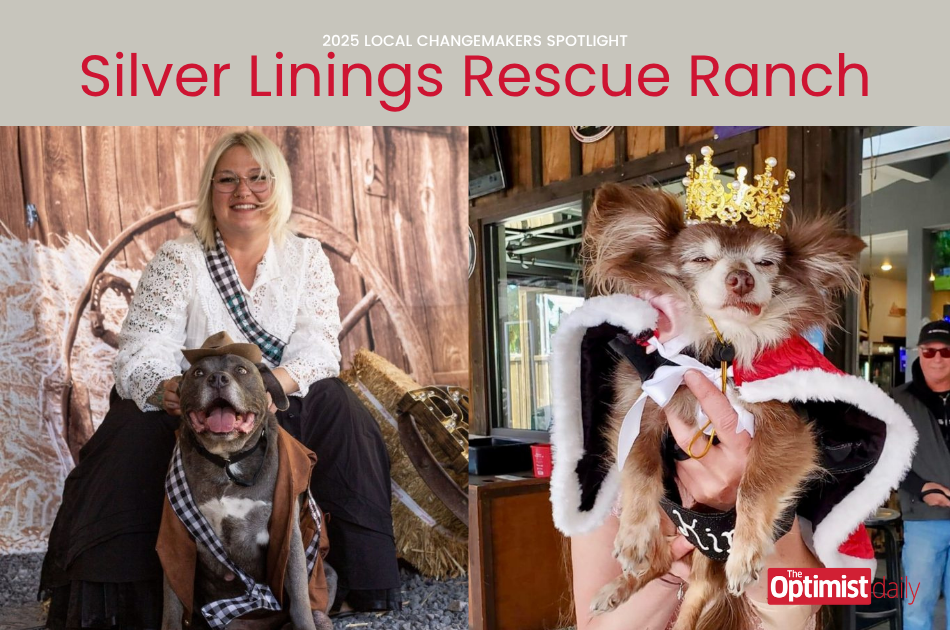Many of us are beginning to explore the possibility of travel once again, but even amidst the challenges of a global pandemic, the question still remains: How can we make our travel meaningful, transformative, and sustainable? This article on sustainable travel dives deeper into the environmental impacts of your vacation, but today we’re looking at how travel can be transformative. Vanderbilt religion, psychology, and culture professor Jaco J. Hamman shares some tips on how to use each stage of your travels to find transformation.
Anticipation
The first step to any vacation is anticipation. In Dutch, this planning and research related to an upcoming trip is called “voorpret,” meaning “the pleasure before.” We all like to plan out activities before we actually land in a new location, but Hamman emphasizes that for travel to be as transformative as possible, vacationers should keep an open mind during this phase. Leave space in the schedule for unanticipated activities and adventures or just wandering through the streets of a new city. This helps prevent disappointment if something goes awry, but it also creates space for inspiration and the freedom to follow the journey wherever it takes you.
Departure
The moment we leave for a vacation can bring up a lot of different emotions in us. Some may feel excitement while others experience grief, anxiety, or even guilt. Lean into these emotions and reflect on how leaving home impacts your mental health. Consider journaling about these feelings and think about how what you do during your travels can help reinforce or counteract these emotions. If leaving home makes you feel guilty, think about what steps you can take to fully embrace your vacation like not checking work emails or indulging in an airport cocktail.
Surrendering
Even the best-planned vacations will have setbacks. Maybe your flight is delayed or a big storm moves in. While most of us would see these as disastrous, the therapeutic technique of “surrendering” can help us find peace by letting go of inhibiting habits. If things aren’t going according to plan, try to find the silver lining and look for ways that you can make the best of the new situation. Maybe that rainfall yields a beautiful waterfall to hike to or the shelter you seek in a local cafe introduces you to a knowledgeable local.
Meeting
Engaging with strangers, especially in a foreign culture, can be intimidating, but meeting locals is the best way to fully appreciate the culture and customs of a new place. Legacies of colonialism and unconscious stereotypes may lead us to think of foreign individuals as dangerous, but acknowledging these stereotypes and moving past them is a critical aspect of ethical and transformative travel. It may feel uncomfortable, but try to seek out a conversation with a local resident by asking for recommendations, inquiring about their food or culture, or just chatting about their day.
Caring
Caring centers around what Hamman calls “privileged irresponsibility.” This concept, where travelers are ignorant of their privilege or impact on a region, leads to negative relationships between travelers and local residents. Caring means being mindful of ecological and social issues in the region you visit as well as mindful of your personal impact. This means hiring local guides, eating at locally-owned restaurants, and limiting your impact on resources like water.
Returning
Coming home after a vacation can be as uneasy as leaving for one. Going back to our routines after a big adventure can leave us experiencing reverse culture shock, but there are a variety of ways we can remain connected to a foreign country, even after we return. Becoming involved in causes you discovered during your travels and staying in touch with those you met on your journey are both great ways to remain engaged, even from afar.










